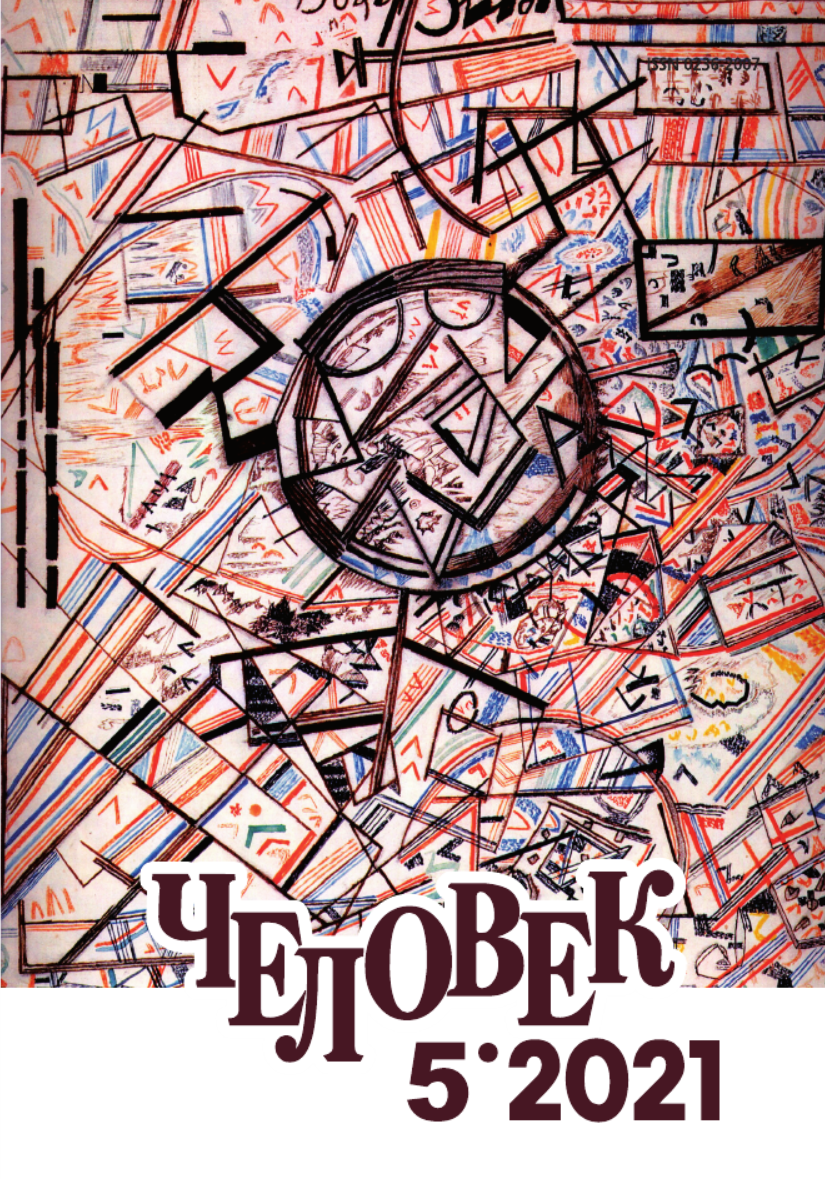On Valery Podoroga’s Analytical Anthropology of the Landscape
Keywords:
Valery Podoroga, practical philosophy, analytical anthropology, landscape, space, communication strategy, mimesis, non-place, Martin Heidegger, flesh, touchAbstract
In present article the concept of landscape is considered to be one of the key concepts of analytical anthropology which is Valeria Podoroga’s complex investigation program of art, literature and philosophy. Notion of landscape defines analytical strategy chosen by the Russian philosopher for study on west European philosophy of the XIX–XX centuries. The landscape is considered as a complex spatial notion which possesses geographic, sensual, cultural, historical, and topological dimensions. Emphasis is placed on the topological-communicative function of the landscape, which provides a form of expression for philosophical ideas. This function is described by examples from the texts of Kierkegaard, Nietzsche and Heidegger which are the objects of Podoroga’s analysis. In conclusion landscape is considered as a universal “neutral space” which makes possible to transmit a unique poetic-philosophical experience to the reader and discussed abilities using analytical anthropology for the study of new material.






